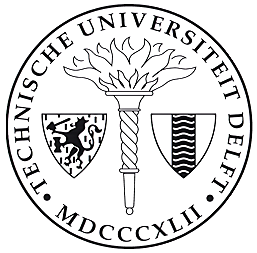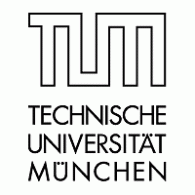Perspectives from the Technical University of Munich
Hello World!
One of the wonderful aspects of working for the Hyperloop team is the opportunity to meet students from different universities who are competing alongside us in the competition. Sometimes, these universities are from different corners of the globe, as was the case in a recent meeting where we engaged with students from Delft University and the Technical University of Munich. This gathering was part of the Hard Tech Fund, an organization established by a UC Davis alumnus.

Our discussions covered a wide range of topics, including an exciting new competition hosted by the Boring Company. Instead of racing pods through a track, this challenge involves designing a device to dig tunnels. However, the standout moment of the meeting was a conversation with a student from the Technical University of Munich who politely asked (or at least, as politely as possible given the nature of the question) why American teams consistently lag behind their international counterparts in the Hyperloop competition.

The issue of funding came into focus. International teams benefit from substantial financial support, often from their governments and universities. A government that is more interested in things like trains and transportation infrastructure is more likely to fund the teams. For instance, TUM boasts a budget of €500,000, while OneLoop's current budget sits at $2,400 (though we're actively seeking more funding). This funding gap presents a disadvantage for American teams.
However, the student from Munich emphasized that only a fraction of their budget originates from government and university sources; a significant portion is derived from corporate sponsorship. This perspective suggested that bridging the funding gap should be possible if we secured more support from private companies. This raised a new question: why are we unable to obtain the same level of funding as the non-American teams? He inquired about our efforts to raise additional funds, to which we explained our dedicated team of eight business students. His initial reaction was disbelief that a team of this size couldn't secure a budget "exceeding a million USD."
A few minutes later, though, I realized what the problem is. He asked how many of our members were full-time or half-time. One of the Americans asked him to clarify what he meant, and it turns out that in most international universities, students can take an entire semester off to focus on Hyperloop, or at the very least, reduce their course load significantly. In contrast, American universities typically require students to maintain a full course load while working on projects like HyperLoop on the side. The student from Munich asked if this was because we had such high tuitions that we could not afford to extend our university experience, which honestly is probably part of it. We acknowledged that tuition fees played a part, but there were other factors at play, such as the limited availability of certain engineering courses, which are often offered only once a year. Taking a quarter off could result in a year-long delay in their studies, accompanied by continued living expenses, even if tuition wasn't a concern. It quickly became evident that this structural difference was a significant challenge for American students.

He seemed surprised about this and concluded that American universities weren’t really designed to let people embark on major extracurricular projects. The reason why an 8-person business team in America can't accomplish what a 2-person international business team can do is because they are able to work 120-hour weeks to get it done. Our students are also working 120-hour weeks, but 115 of those hours are spent on classwork. It's just not possible.
In my view, this issue extends beyond our performance in the Hyperloop competition; it pertains to the quality of our education. Personally, I've gained more knowledge from my research roles and Hyperloop experience than from my traditional classes. Like many engineers, I learn best through hands-on projects. The excessive workload imposed on us ultimately hinders our learning rather than enhancing it. Addressing this problem is complex, but it's an issue worth tackling.